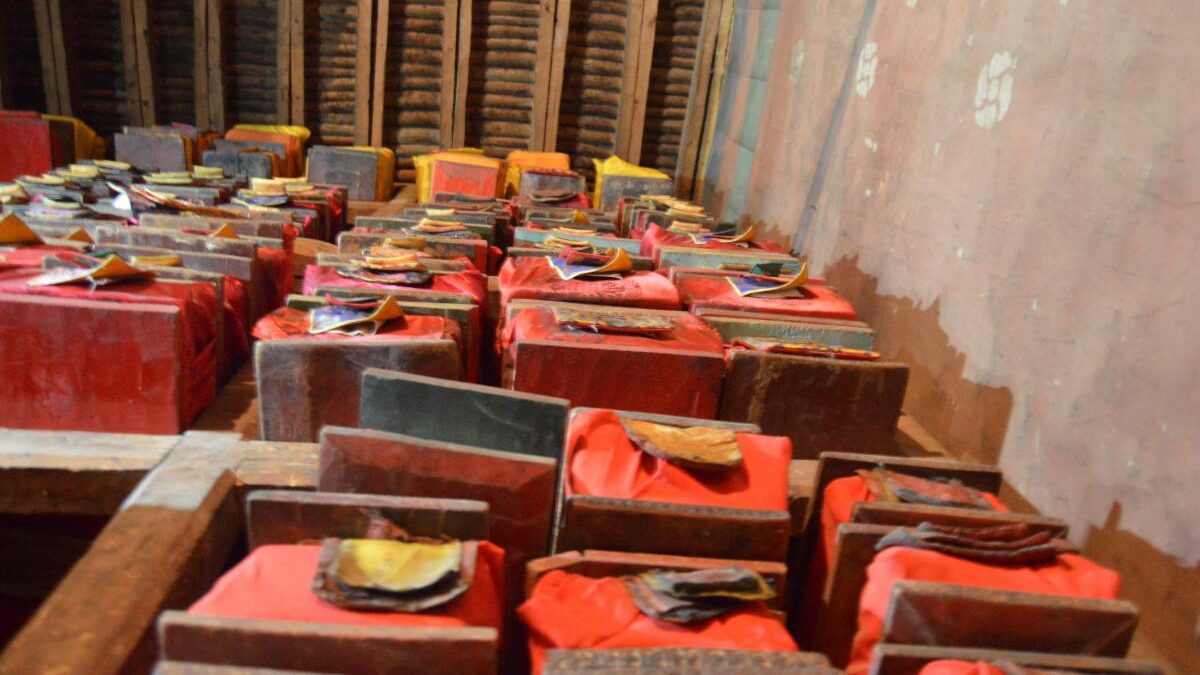Speaker: Kazuo Kano, Associate Professor, Komazawa University, Japan
Date & Time: September 4, 2025, 5 p.m. Pacific
Venue: 370 Dwinelle Hall, UC Berkeley
Sponsor: Numata Center for Buddhist Studies, Glorisun Global Buddhist Network
Contact Info: Sanjyot Mehendale, (510) 643-5104, buddhiststudies@berkeley.edu
Access Coordinator: Sanjyot Mehendale, buddhiststudies@berkeley.edu, (510) 643-5104
Abstract: This presentation opens with an examination of the colophons found in Sanskrit manuscripts preserved in Tibet. A number of these colophons contain Tibetan annotations, which, on occasion, record details such as the manuscript’s provenance, location of storage, and the identities of successive owners. Such marginalia provide vivid testimony to the processes by which Sanskrit manuscripts were preserved, transmitted, and inherited within the Tibetan cultural sphere. This, in turn, raises the question of whether comparable practices of ownership, preservation, and transmission were also characteristic of Indian Buddhist monastic communities. In contrast to the Tibetan context, the evidentiary record for India is considerably more fragmentary, though not entirely absent. The present study offers a provisional survey that collates and systematizes the extant traces of evidence pertaining to the ownership, preservation, and transmission of Sanskrit manuscripts within Indian Buddhist monastic milieus.
Speaker: Kazuo Kano is an Associate Professor at Komazawa University. His research specializes in Indian and Tibetan Buddhism, with particular emphasis on the Buddha-nature doctrine and on Buddhist Sanskrit manuscripts preserved in Tibet. His publications include Buddha-nature and Emptiness: rNgog Blo-ldan-shes-rab and a Transmission of the Ratnagotravibhāga from India to Tibet (Vienna: WSTB, 2016) and Aṅgulimālīyasūtra, translated from Tibetan (Kamakura: Kishin shobō, 2024).
See the original event posting here.

